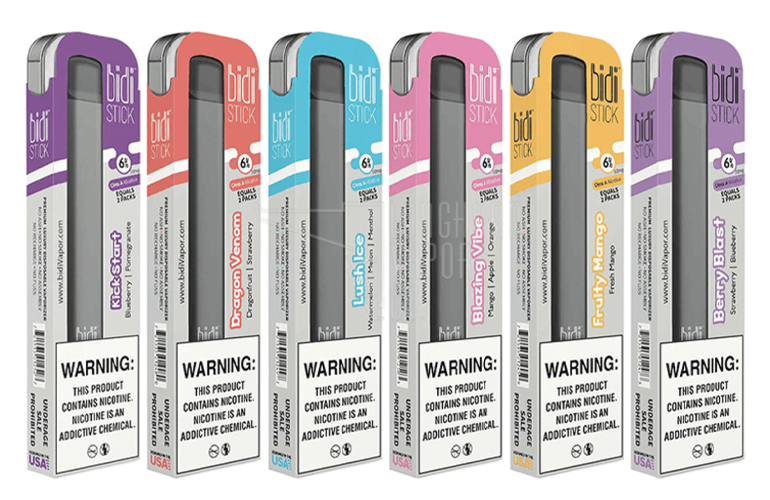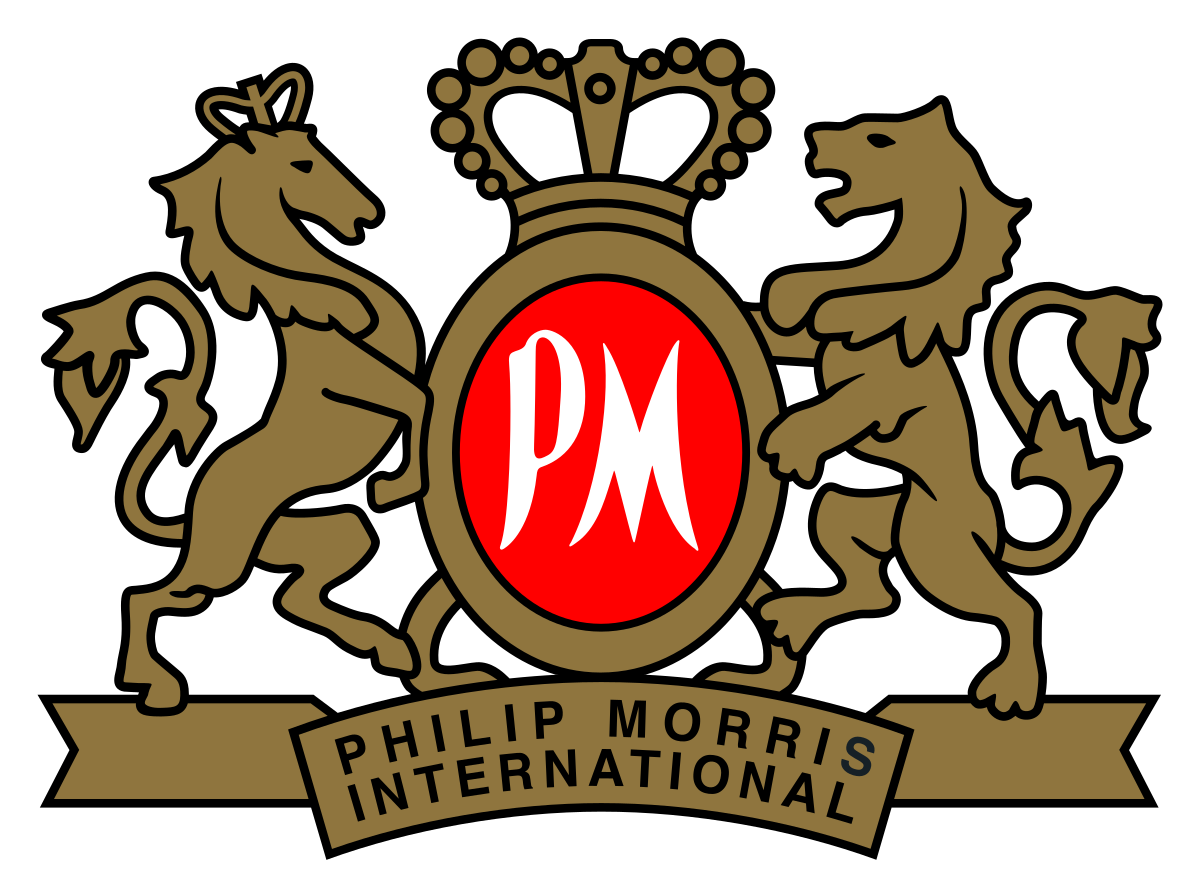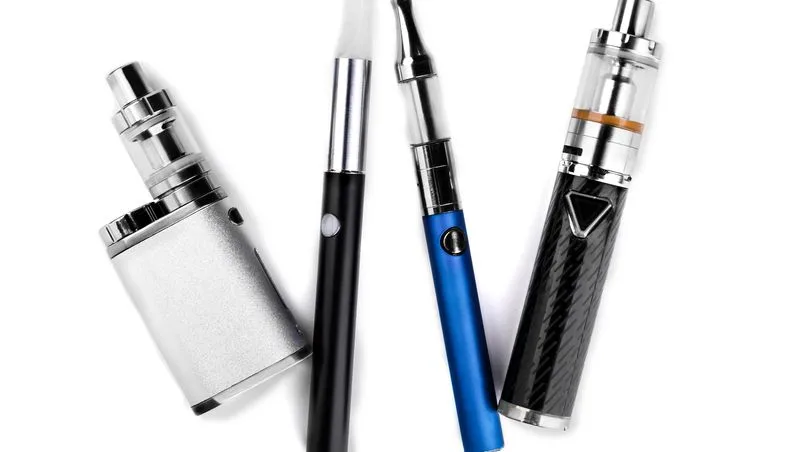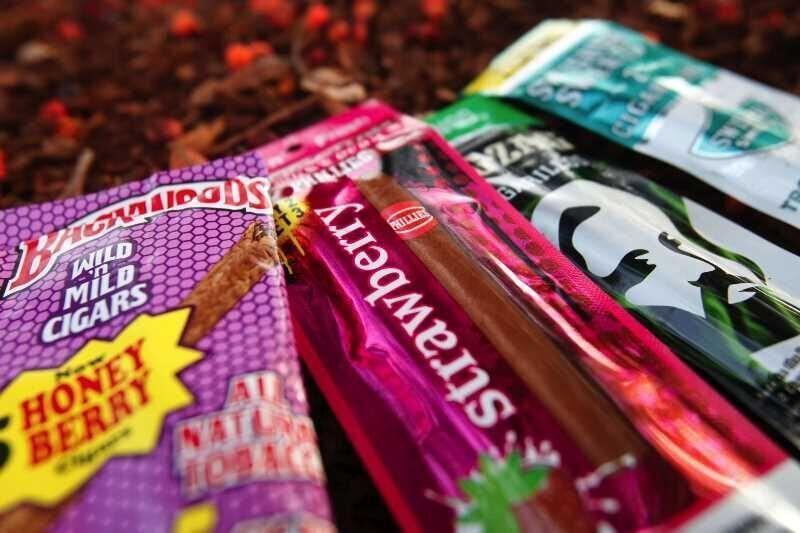British American Tobacco (BAT) is facing a tough decision as its traditional tobacco business struggles and new sustainable ventures emerge.
In declining industries like tobacco, companies must make critical strategic choices, such as maximizing value from traditional assets, divesting equity, or building new sustainable businesses. However, pursuing both options comes with execution risks, and BAT finds itself in a dilemma.
BAT’s traditional business, which generates over 85% of its sales and all of its profits, is facing challenges. The company reported a $2.5 billion write-down in its US division and lower growth expectations, resulting in a significant decline in its market value.
Factors such as increasing living costs and the rise of disposable e-cigarettes have led to an 11% drop in cigarette sales in the US. Despite introducing luxury brands like Camel, BAT’s sales are expected to only meet the lower end of the growth range this year, with below-average growth trends projected until 2026.
In response, BAT made a significant investment in acquiring an additional stake, reaching an enterprise value of $100 billion. However, the company’s foray into e-cigarettes, heated tobacco products, and oral nicotine pouches has faced challenges, including marketing expenses and government skepticism.
Amidst poor shareholder returns, BAT hopes for the popularity of smokeless products before the tobacco market phases out. Only time will tell whether these new ventures will help BAT regain investor confidence.
References:
[1] BAT: Camel’s broken back is last straw for investors
Tags: #North America, #United States, #Market, #Disposable e-cigarettes
Source link



















